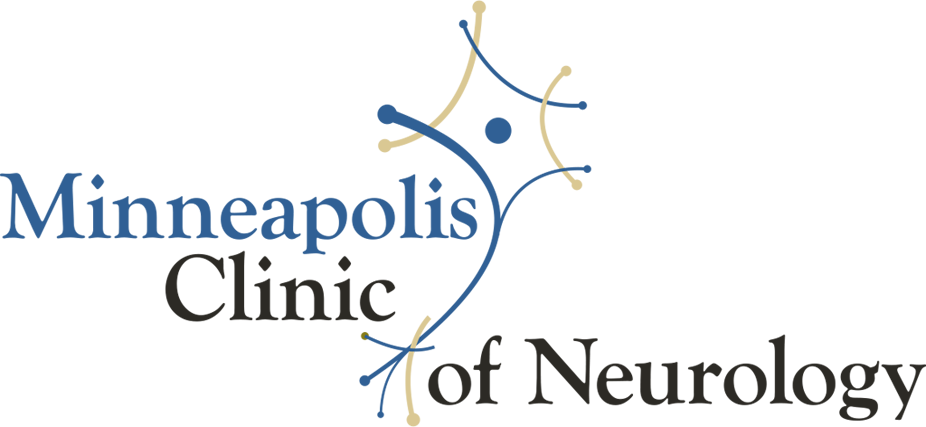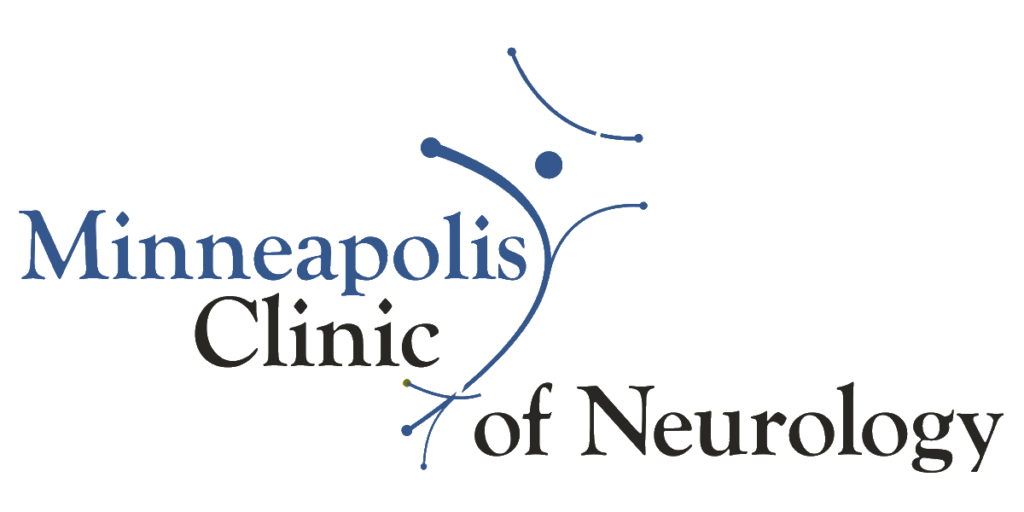Not Just a Headache and What to Do About It
If you’re reaching for pain pills week after week for headaches, you might assume it’s just part of life.
But for many people, headaches are a signal, not the whole story.
At Minneapolis Clinic of Neurology (MCN), we often find that recurring head pain points to deeper neurological factors.
Learning what to watch for can help you find relief and take control.
What You’ll Learn in This Article
- When a headache may require a neurologist’s evaluation.
- How posture, lifestyle, and environment can trigger headaches.
- Simple steps to take — and when to seek expert care.
1. Recognizing When a Headache Needs a Specialist
Headaches are common. Research shows that nearly 90% of people will experience one at some point.
What to Know:
If you get headaches more than 15 days a month that last several hours, it might be more than a simple tension headache.
Sudden “worst ever” headaches, new patterns, or symptoms like vision changes or weakness are red flags.
Primary headaches (like tension or migraine) happen on their own. Secondary headaches result from another condition and may require further evaluation.

2. Common Triggers You Can Fix
Many headache triggers are within your control. Addressing these can help reduce both frequency and intensity.
Tip:
Poor posture and long hours at a screen strain your neck and head muscles.
Skipping meals, dehydration, or poor sleep are common culprits.
High stress and muscle tension often lead to tension-type headaches.
How to Do It:
Check your screen height. Your monitor should be at eye level, and you should take short stretch breaks every hour.
Drink plenty of water — aim for 6–8 glasses each day.
Keep a consistent sleep schedule and limit screen use 30 minutes before bed.

3. When Expert Care Makes the Difference
You don’t have to live with constant headaches. A neurologist can help uncover the cause and create a treatment plan that works for you.
What to Know:
At MCN, our specialists use a combination of history, imaging, and headache-specific testing to identify causes such as migraine variants or nerve pain.
Treatment may include nerve blocks, medications, or advanced therapies tailored to your type of headache.
Tip:
If you’ve tracked your headaches for 3–6 months and they’re still frequent, it’s time for a neurological evaluation.
Bring a headache diary that includes date, duration, intensity, triggers, and medications.
It helps your provider target relief faster.

Finding Real Relief for Recurring Headaches
Headaches don’t have to dictate your day.
By recognizing triggers early, adjusting habits, and working with a neurologist when needed, you can reduce both the frequency and severity of your headaches.
If your headaches are changing, getting stronger, or happening often, schedule a visit with Minneapolis Clinic of Neurology.
Our experienced team can uncover the cause and help you find lasting relief.
Sources
- JAMA Network — “Diagnosis and Management of Headache: A Review”
- UCDavis Health — “Headache”
- Mayo Clinic — “Headache Subspecialty Group Overview”
- Kaiser Permanente — “A Neurologist Explains Common Causes of Headaches”



